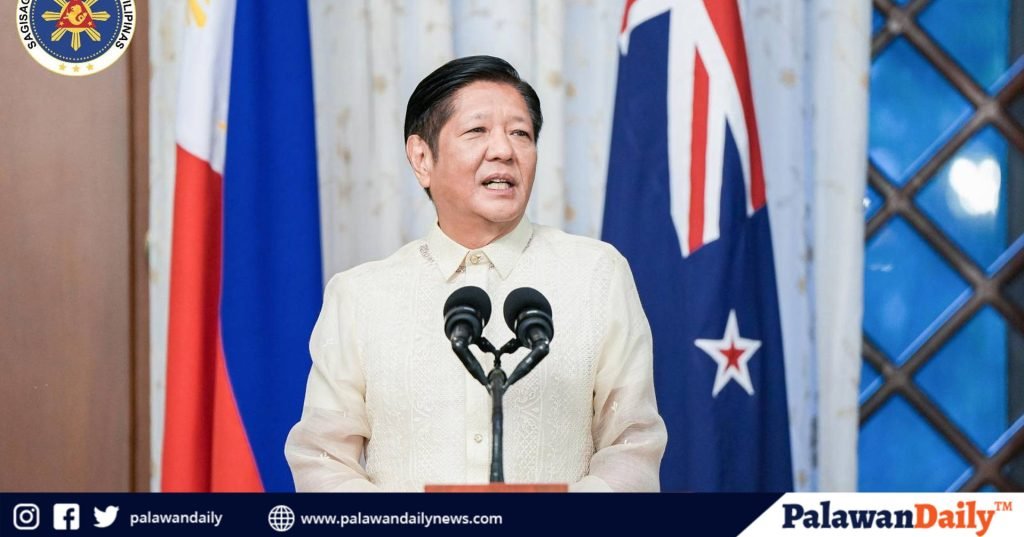During a recent sectoral meeting at Malacañang, President Ferdinand Marcos Jr. announced the extension of contracts for government Contract of Service (COS) and Job Order (JO) workers set to expire in December.
This decision, made in collaboration with the Department of Budget and Management (DBM), the Department of Interior and Local Government (DILG), the Civil Service Commission (CSC), and the Commission on Audit (COA), aims to alleviate concerns regarding employment stability among these workers.
“The goal is to build a pool of government workers that can perform and qualify for government’s plantilla positions,” Marcos said, emphasizing the importance of empowering these workers through skill development initiatives.
According to the Presidential Communications Office (PCO), the President instructed government agencies to prioritize the reeducation and training of COS and JO workers to enhance their skills and capabilities. The ultimate objective is to prepare them to successfully pass the civil service examination, thereby increasing their eligibility for permanent positions within the government.
Furthermore, President Marcos directed agencies to conduct a comprehensive study of the current state of the government workforce, focusing particularly on the utilization of COS and JO positions.
“Pag-aralan natin (Let’s study it), just look at the numbers, the data on average, government agencies. How many of their employees are contractual?” the President urged, highlighting the need for a thorough assessment of workforce composition.
“How many items are in their plantilla proper are not filled? How many are contractual as a percentage of the total number of employees? [Because] the percentages are one of the most important. Then [the next we’ll look at] is average. [It will] give us an idea of how people are using the system,” he added.
COS involves engaging the services of individuals, private firms, other government agencies, non-government agencies, or international organizations for specific projects or tasks within a designated timeframe. JO, on the other hand, pertains to piece work, intermittent, or emergency jobs undertaken for short durations and specific tasks.
The decision to extend contracts for COS and JO workers comes in the wake of previous regulatory measures, including CSC-COA-DBM Joint Circular (JC) No. 1, s. 2017, which established rules governing the hiring of such workers until December 31, 2018. Subsequent issuances, such as COA-DBM JC No. 2, s. 2020, and COA-DBM JC No. 2, s. 2022, extended the transitional period to December 31, 2022, and December 31, 2024, respectively, allowing agencies time to reassess organizational and staffing requirements.
According to data from Malacañang, the percentage of COS and JO workers in the government has increased steadily since the issuance of CSC-COA-DBM JC No. 1, s. 2017. As of June 30 last year, these workers accounted for 29.68% (832,812) of the government workforce, marking a 29.71% increase from 2022.
Among national government agencies, the Department of Public Works and Highways (DPWH) topped the list with 29,275 COS and JO workers, followed by the Department of Health (DOH) with 18,264, the Department of Education (DepEd) with 15,143, the Department of Social Welfare and Development (DSWD) with 13,770, and the Department of Environment and Natural Resources (DENR) with 10,990.
